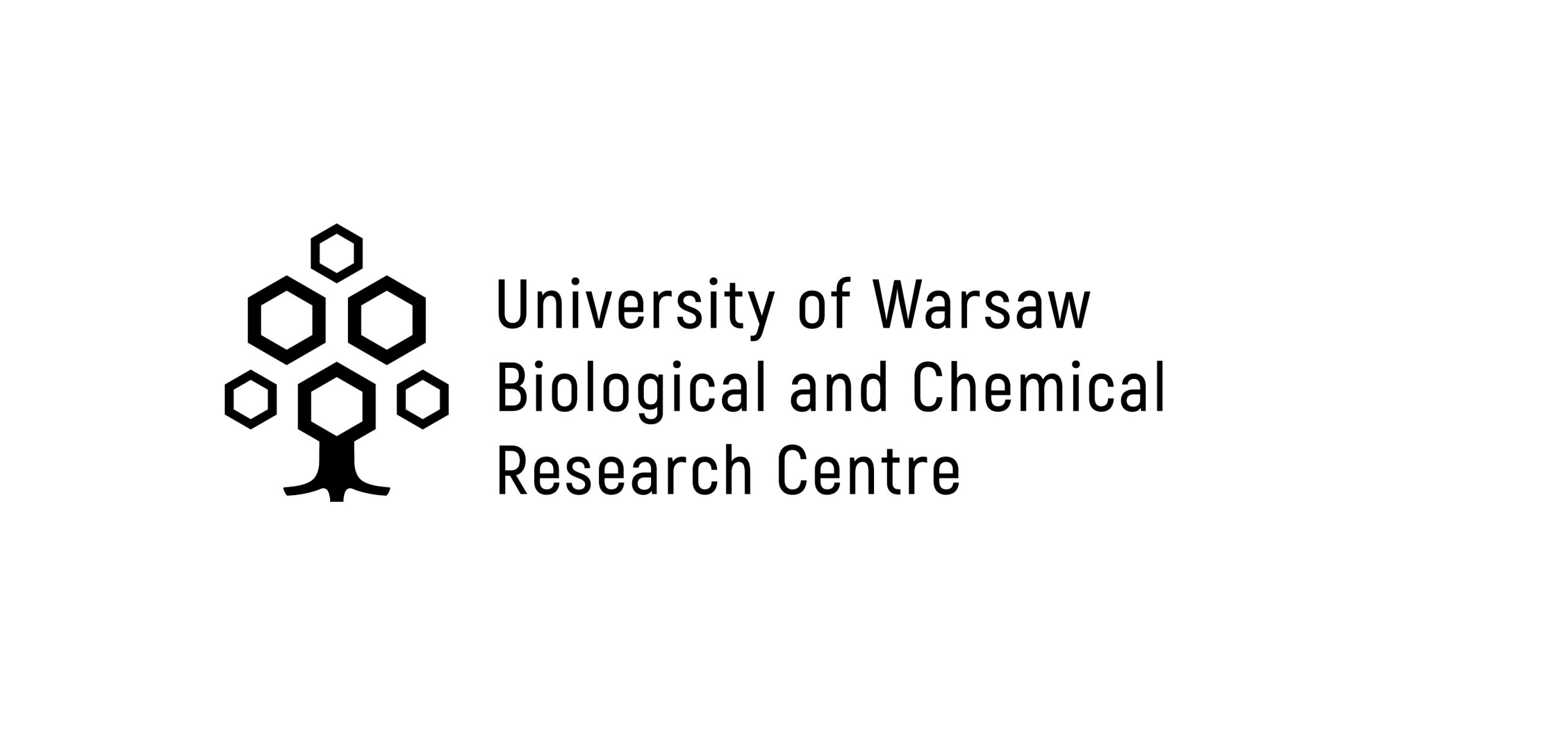Bionalytical Laboratory
Description of the Group
The Bioanalytical Laboratory conducts interdisciplinary research on the border of chemistry and biology.
Research Activities
One of the areas of research interest of our group is the study of the interactions of nucleic acids with various substances. We conduct voltammetric and spectrometric analyses of nucleic acid interactions with various chem[1]ical substances, e.g. therapeutic, toxic, antioxidant. The aim of our study is to determine the affinity of different substances to nucleic acid chains and the nature of their in[1]teractions. We are particularly interested in the interactions of deoxyribonucleic acid with chemical compounds with anticancer properties, including both drugs currently used in chemotherapy and new derivatives of these drugs. We investigate the dependence of the interactions occurring on the nucleotide sequence, the concentration of the chemical compound, as well as its structure. Our research allows us to check how even small modifications in the structure of a chemical compound affect its interactions with nucleic acids, and thus to indicate the direction of further research into new derivatives. The procedures we use can also be applied as a screening method to select from the group of many derivatives, those that interacts with nucleic acids the most strongly. The second area of research interest of our group is ion-se[1]lective electrodes and determination of ion content in clinical and environmental samples. We work on new ion-selective electrodes based on new ionophores and new materials, and on their application to clinical and environmental sample analyses. We are currently working on a new design of a car[1]bonate ion-ensitive electrode and its application in clinical specimen analysis. Our research group is open to the initiation of research on new topics, the establishment of cooperation and the imple[1]mentation of joint scientific and business projects.
Team Leader
Professor Magdalena Maj-Żurawska is the author of 60 works in international scientific journals, which have been cited jointly approximately 1200 times (h factor 21). She has supervised nine PhDs and more than 30 Masters. She has experience in teaching, scientific work and leading a research team. She was awarded a gold medal of merit and a KEN medal. She has undergone internships in foreign centres: ETH University of Technology in Zurich, Switzerland (postdoctoral internship and long-term cooperation), Abo University of Turku, Finland (visiting professor and long-term cooperation), KTH University of Technology in Stockholm (visiting pro[1]fessor), University of Florence, Italy (visit[1]ing professor). She was a lecturer in ERAS[1]MUS at the University in Isparta, Turkey, and at the University of Alcala, Spain.
